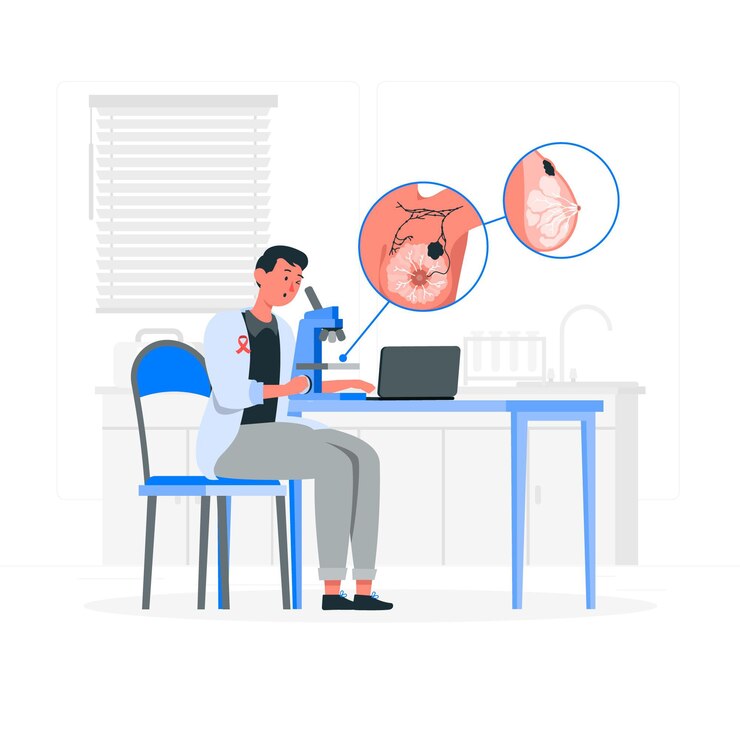
Recognizing Triggers: Common Irritants and Allergens for Seborrheic Contact Eczema
Introduction:
Living with seborrheic contact eczema means being aware of what triggers your symptoms. Identifying common irritants and allergens that can exacerbate this condition is crucial for managing flare-ups effectively. Let’s explore some everyday triggers you should watch out for.
Understanding Seborrheic Contact Eczema:
Seborrheic contact eczema is a type of skin inflammation characterized by redness, itching, and flaking, often occurring on oily areas of the skin like the scalp, face, and chest. While the exact cause is not fully understood, exposure to irritants and allergens can trigger or worsen symptoms in susceptible individuals.
Identifying Common Triggers:
- Skincare Products: Certain skincare products containing harsh chemicals, fragrances, or preservatives can irritate the skin and trigger flare-ups of seborrheic contact eczema. Look for gentle, fragrance-free alternatives to minimize the risk of irritation.
- Cosmetics: Makeup, hair dyes, and other cosmetic products may contain ingredients that can irritate sensitive skin and exacerbate symptoms of seborrheic contact eczema. Opt for hypoallergenic or non-comedogenic products whenever possible.
- Hair Care Products: Shampoos, conditioners, and styling products can contain ingredients that irritate the scalp and contribute to seborrheic contact eczema flare-ups. Choose gentle, sulfate-free formulas designed for sensitive skin.
- Fabrics: Certain fabrics, such as wool or synthetic materials, can cause friction and irritation, leading to flare-ups of seborrheic contact eczema. Opt for soft, breathable fabrics like cotton to minimize irritation.
- Environmental Factors: Environmental factors like extreme temperatures, humidity, and pollution can also trigger or worsen symptoms of seborrheic contact eczema. Protect your skin from harsh weather conditions and avoid exposure to environmental pollutants whenever possible.
- Food Allergens: While less common, some individuals may experience flare-ups of seborrheic contact eczema due to food allergies or sensitivities. Keep a food diary to identify potential triggers and avoid foods that seem to worsen your symptoms.
Conclusion:
Identifying common irritants and allergens that trigger seborrheic contact eczema is essential for managing flare-ups and maintaining healthy skin. By avoiding known triggers, choosing gentle skincare products, and protecting your skin from environmental factors, you can reduce the frequency and severity of symptoms associated with this condition.
To seek medical advice, always consult a Doctor. Here are our recommended EXPERTS. Click here
To read more on SKIN. Click Here


